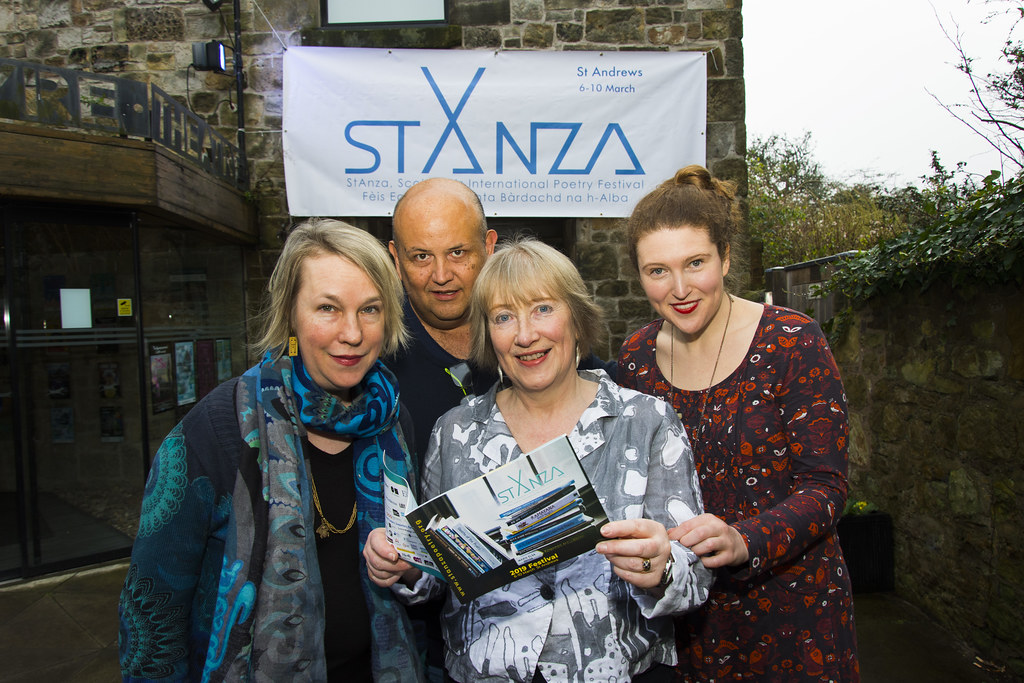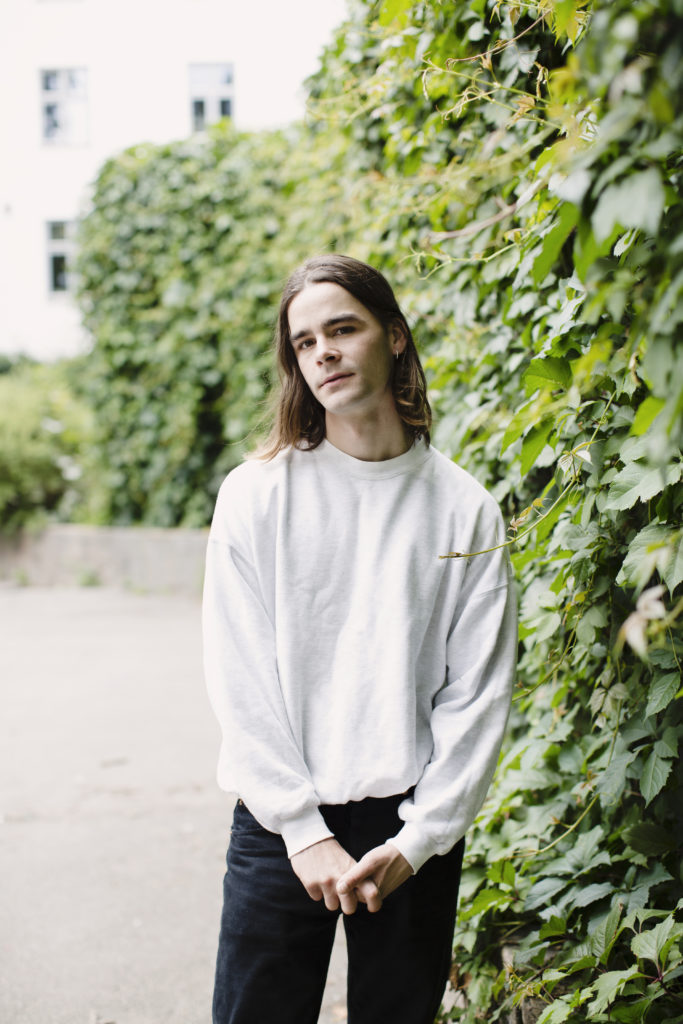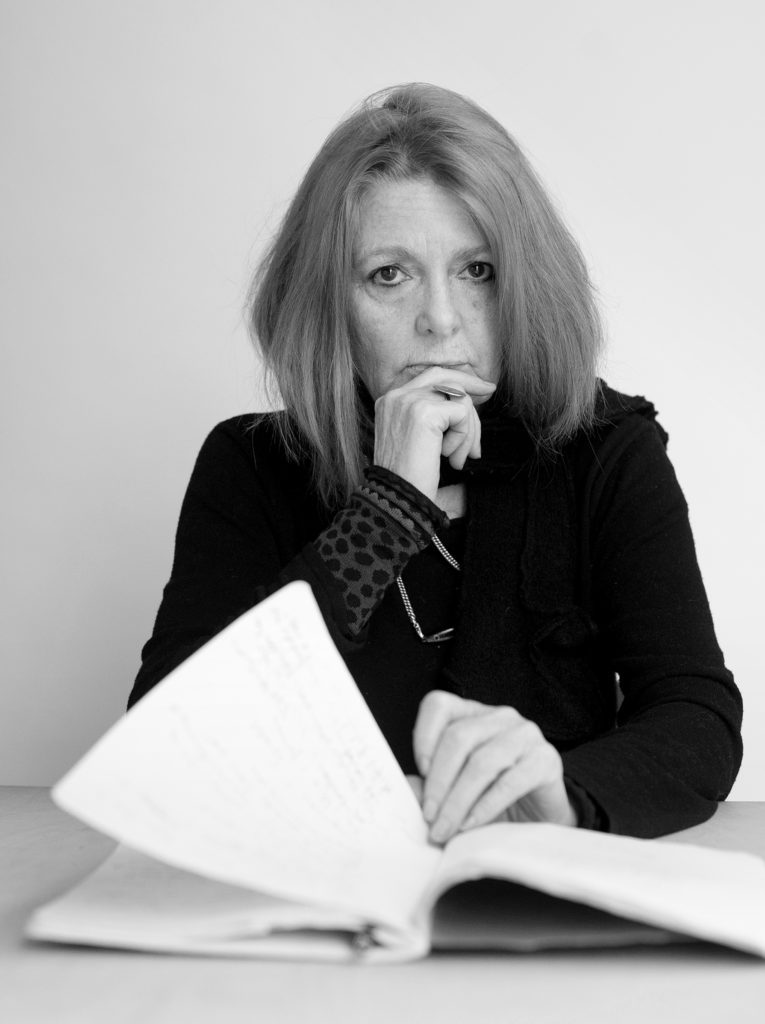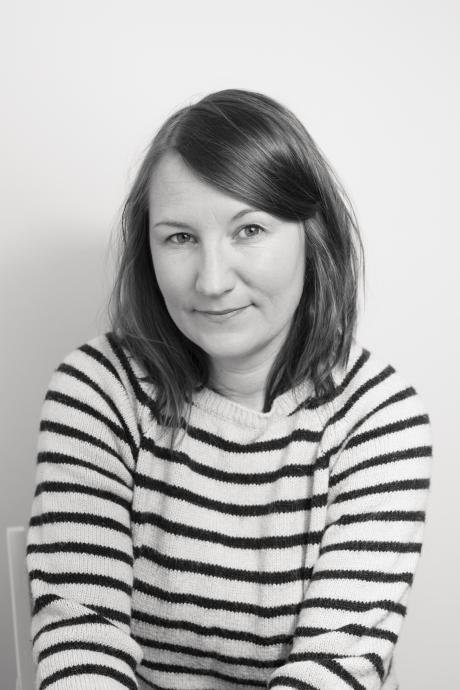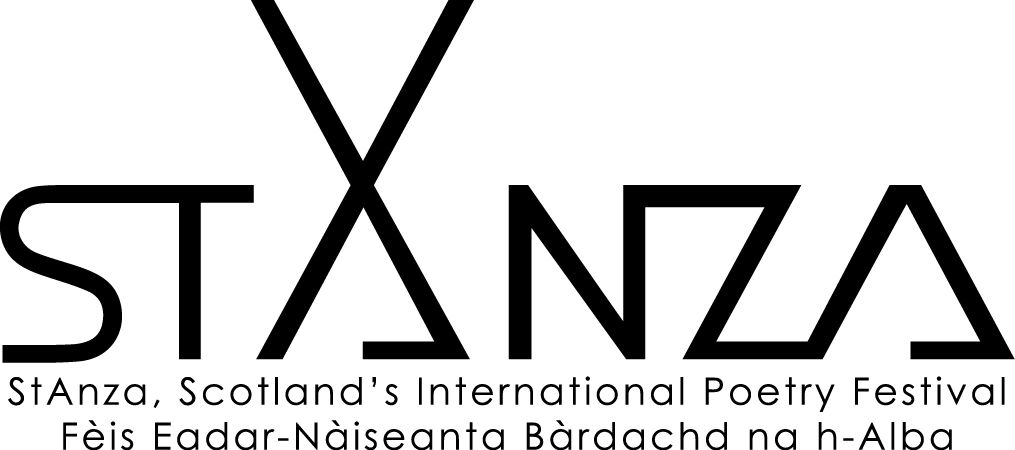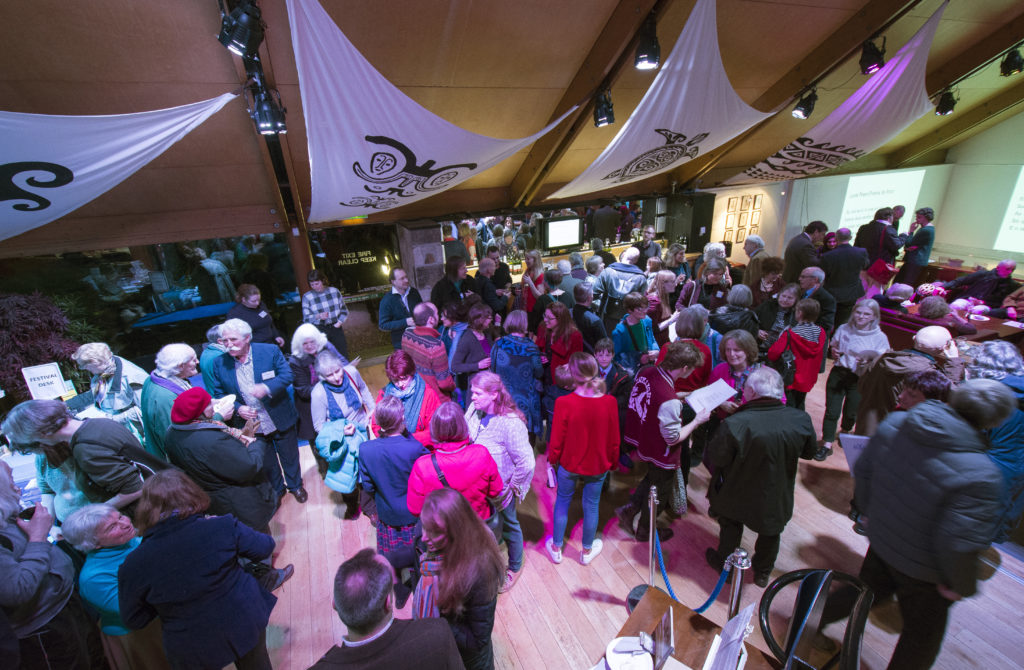Crowds of poetry-lovers will gather in St Andrews this week for the annual StAnza poetry festival. Since its launch in 1998, StAnza has brought some of the finest poets in the world to Scotland, and worked year-round to promote poetry across different platforms. At this year’s festival, a particular emphasis is on Nordic countries, with several Norwegian poets attending. Eleanor Livingstone, StAnza’s festival director for the tenth consecutive year, sees translated poetry as a way forward: an opener of doors.
During the festival, visitors can experience poetry in various forms all around the town, and schools and charities have collaborated with the festival to attract audiences. Norwegian poets Morten Langeland and Cecilie Løveid will both be attending this year, and translated works of the late great Stein Mehren will also feature.
As the festival opens, Norwegian Arts met up with Livingstone – who is also a poet, reviewer and editor – to discuss Norwegian poetry, the art of translation, and why poetry still matters in 2020.
The 23rd StAnza Poetry festival is underway. How are you feeling?
Excited, and mega stressed. This time is the same each year. I have actually been to all the festivals apart from one, and this is my tenth year as festival director, but you don’t really get used to how hectic it is right before the commencement of the festival. It is the good kind of stress, of course. We have a fantastic line-up this year.
Why did you choose to focus on Nordic poetry this year’?
Well, there are several reasons. Firstly, we have always had translated poetry at the festival, but for the past five years or so we have chosen to focus specifically on one language or group of languages. The Nordic countries share many similarities linguistically.
However, the primary reason for the Nordic focus is the theme of this year’s festival: Coastlines. I find it much easier to start with a theme than with a blank slate. Curating becomes more focused, as well as fun. So we’re doing ‘coastlines’ as an overall theme this year, to connect with the Scottish government’s ‘2020 Year of Coasts and Waters’ initiative. Both Scotland and Norway have huge coastlines. I think this does something to the psyche in both countries. The coastal waters define your perception of the world a bit, I think.
Tell us about the Norwegian poets coming this year.
I go to poetry festivals overseas throughout the year, to see what is happening and to meet people – similar to a football talent scout. It makes all the difference to actually meet people and hear them read in real life. Through experiencing people perform their poetry, I can envision how they would work at StAnza. This is how I met Morten Langeland – a young, exciting Norwegian poet – as well as Linda Klakken, also an amazing poet, as well as a journalist. I really liked both of them and they stuck in my mind.
Morten is younger – at the cutting edge of contemporary poetry. And Cecilie Løveid, who is also coming, although I haven’t met her yet, is considered one of – if not the – most significant poets in Norway today. So, we’re getting one with experience – a veteran – as well as a young, up-and-coming star, with Linda Klakken as kind of in the middle.
And, of course with the late, great Stein Mehren, whose work will be read by his Scottish translator, we’re taking it even further back. We’re trying to give a broad introduction to Norwegian poetry. Mehren’s translator actually grew up just a few streets from where I live now, in Leven (outside St. Andrews, in Fife). She’s coming to read some translations of Mehren’s work, and we’re partnering that with a Scottish poet, who has translated some of the very early Norse poetry. That way, we get to cover different time periods of Norwegian poetry – from the very old, to the classical, to the contemporary.
There is a translation event with Cecilie Løveid and Morten Langeland on 7 March. Could you tell us about that?
We are going to pair up two Scottish poets with two poets from another language, and let them translate each other’s poetry. They will spend a day or so together and do the translations, for then to talk about the process and present the poetry on stage. On the Saturday, we have invited Morten Langeland and Cecilie Løveid to do this with two Scottish poets.
What are you hoping to achieve by this?
We don’t only end up with one translation of a poem, we sometimes end up with several, as we encourage all four to translate each other and work together. You can start comparing translations in a fascinating way. It can show you how different people react to poetry in different ways.
I feel that for all poets, the process of translation should be of great interest. Because translation involves the kind of scrutiny and analysis of a poem that makes you supremely aware of “why did you pick that particular word or that particular phrase?”
In fiction, we are seeing a massive increase in translated works in the UK, and Norwegian is one of the top translated languages. Do you see the same trend in poetry?
When I started 15 years ago, translation at the festival would be much more niche. We thought that a small minority of people would be interested in translated poetry, but the majority wouldn’t. This year, we’ve just completely turned that on its head. We’re assuming that our audience should be as interested in hearing poetry in translation as any other poetry.
A part of our philosophy about translation is to make it not seem so very high-brow and academic all the time – translation can also be fun! I want people to realise that you don’t have to think of every translation as the final version of a text. It’s fine to play about and see what you get. Poetry is playful in other ways, so we should also be playful across languages and in translation.
Who are you trying to reach with the festival? How can poetry reach more young people, for example?
People who don’t think poetry is for them need to be hooked in gradually. Let them have something they’ll find easy and enjoy, and then you can gradually help them tackle more complicated things.
I think there’s a place for all kinds of poetry – whether it’s formalist, experimental, highbrow, or just simple and easily digestible. I don’t know if poetry is losing its complexity, although I am aware that there is an ongoing discussion about Instagram-poetry, which is finding its own market. It’s not doing the well-known, prize winning, acclaimed poets any harm, I think. What it might do, however, is get someone interested, who will then go on to seek something more complex later.
So you think quantity matters more than quality in this regard, as more people should be exposed to poetry in general?
Well, I think you need to make people engage more with it. With culture, there are often so many barriers. With barriers, people just won’t come at all. We’re working with a charity in Scotland this year with people from deprived backgrounds, to bring them in and make poetry accessible to them. They read books in advance and then they go as a group to the festival. This provides some safety and security – these people would never have gone alone.
We have poets go to schools and host workshops with the children. The children are writing their own poetry and creating artwork around it. This will be exhibited at the festival.
Poetry can also be used to talk about the issues of our time, which concerns a great deal of young people. We had one poet who collected rubbish from the beach and brought it into schools, to make children write about where this all came from, promoting environmental consciousness. Poetry allows people to articulate things that are hard to articulate otherwise. It has that magical ability of getting to you in a different way.
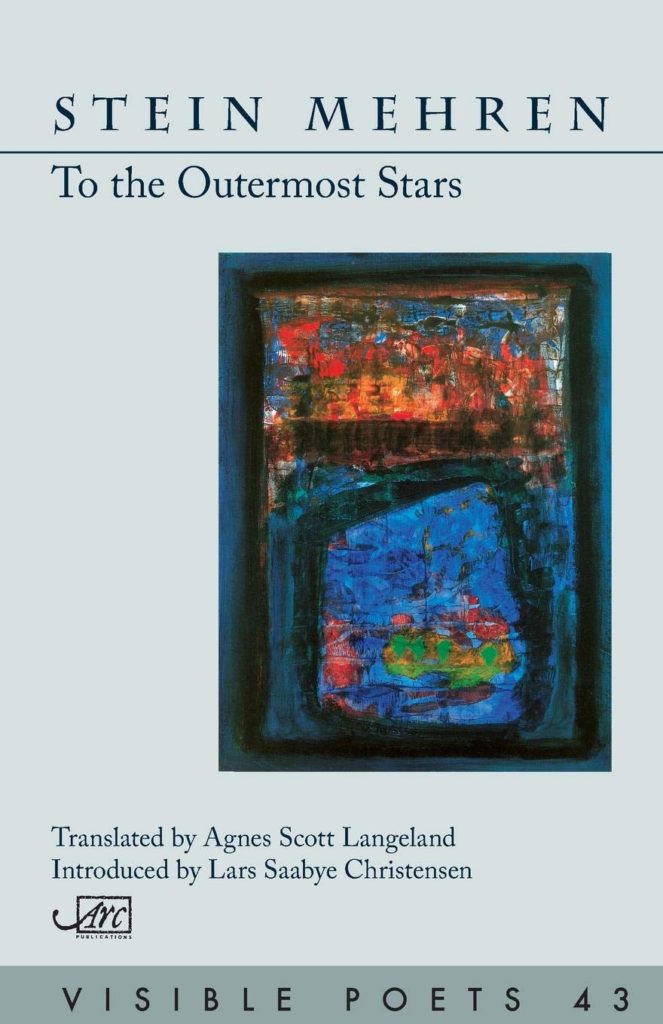
To the Outermost Stars by Stein Mehren, whose work will be read at this year’s StAnza festival (Photo: Arc Publications)
Anything else to add, before we let you go?
This is a Nordic focus – so we’ve got poets from Sweden, Denmark and Finland as well. And what has always fascinated me is how engaged everyone is. I discovered this once at a dinner with poets, festival directors and translators from Norway, Denmark and Sweden. They were all talking together, but I could hear they weren’t using the same language. So one of my friends asked: “Which language are you actually speaking?” They told us that they spoke their own languages, but everyone understood each other. I felt this was such a powerful and positive metaphor for where the world should be going.
StAnza, Scotland’s International Poetry Festival, runs between 4 – 8 March 2020 in St Andrews
Top photo: Eleanor Livingstone, second from right, with participants at a previous edition of StAnza poetry festival

